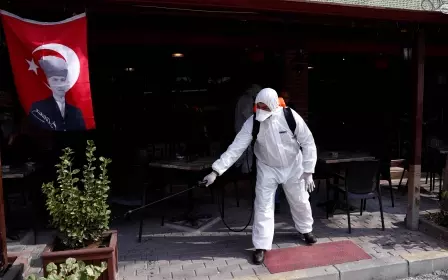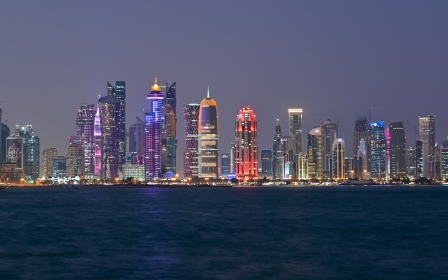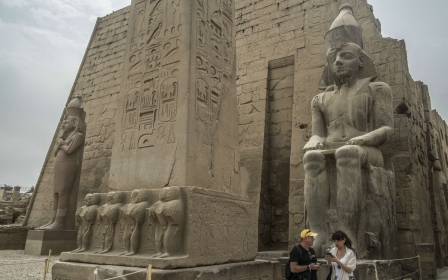Coronavirus: Turkey to shut schools and universities
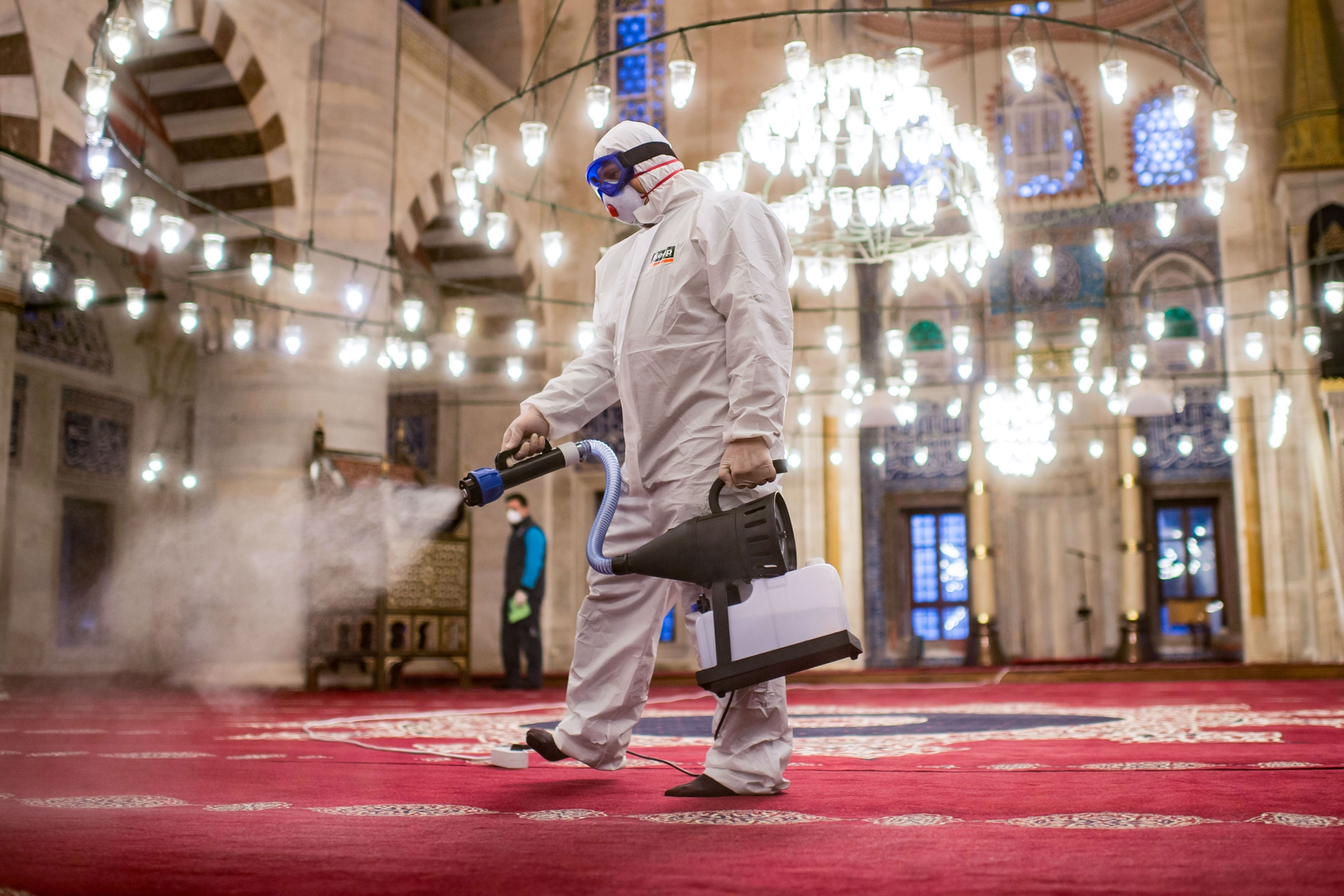
The Turkish presidency announced on Thursday that schools and universities will be closed on Monday over coronavirus outbreak concerns.
Sporting events will be carried out, though without spectators, and public employees will only be able to leave the country with specific permits.
The broad measures are being taken following a five-hour meeting chaired by Turkish President Recep Tayyip Erdogan.
“Primary and secondary schools will be closed beginning on 16 March for a week. After that the ministry of education will continue to teach students through an online platform and TVs for another week,” presidential spokesman Ibrahim Kalin said.
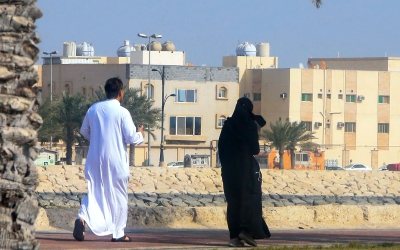
Kalin added that universities would be closed for three weeks.
Turkey announced earlier this week that a Turkish man had been registered as the country's first coronavirus case.
Kalin said the patient’s state was stable, and his close family continued to be quarantined and were healthy.
“Football matches will be played without spectators until the end of April,” Erdogan's aide added.
Kalin said he expects that this would cover this weekend’s derby match between Galatasaray and Besiktas. Erdogan’s trips overseas are also postponed indefinitely.
Since Turkey announced its first coronavirus case on Tuesday, supermarkets and grocery stores in metropolises such as Istanbul and Ankara have seen shortages of pasta and toilet paper as people buy in bulk in case of having to self-isolate or quarantine.
The government earlier this week announced that it will take additional measures to slow the number of tourists coming into the country, such as by cancelling major conventions.
Middle East Eye delivers independent and unrivalled coverage and analysis of the Middle East, North Africa and beyond. To learn more about republishing this content and the associated fees, please fill out this form. More about MEE can be found here.


